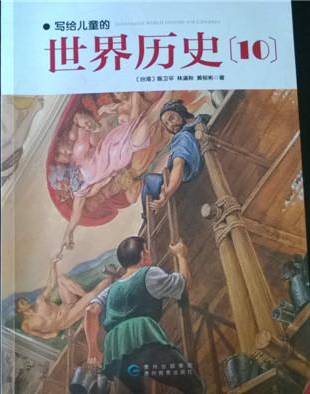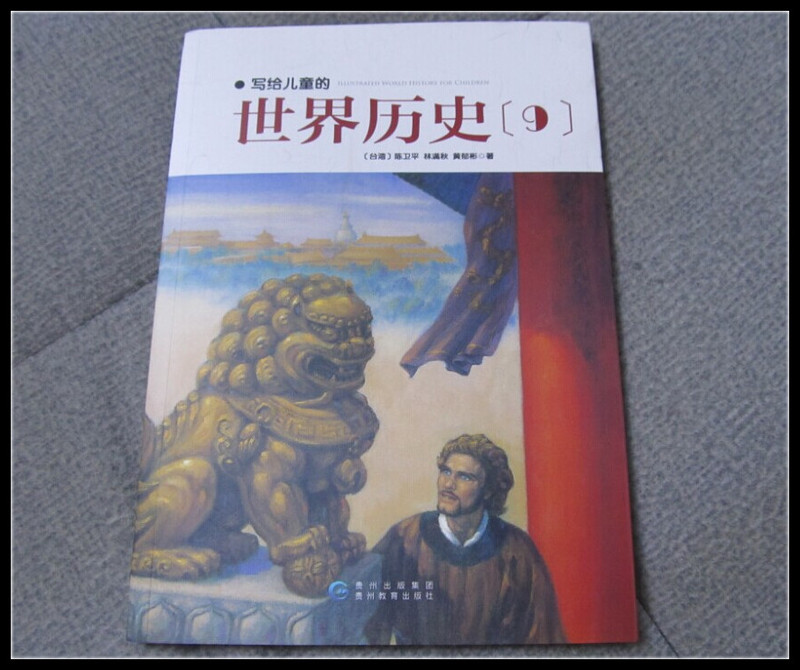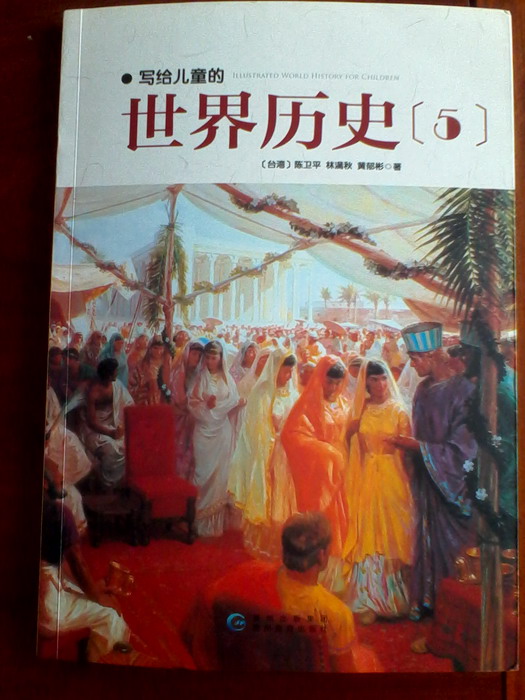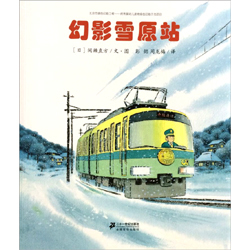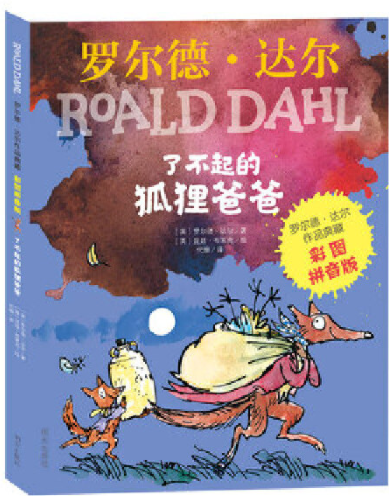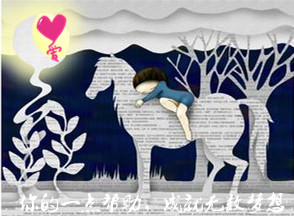- 适读年龄
- 主题绘本
- 大奖绘本
- 大师绘本
-
出版社
全部 | 爱心树绘本馆| 蒲公英绘本馆| 二十一世纪出版社| 海豚传媒| 明天出版社| 接力出版社| 信谊| 启发精选童书| 外研出版社| 蒲蒲兰绘本馆| 南海出版社| 贵州人民出版社| 湖南美术出版社| 新星出版社| 河北教育出版社| 连环画出版社| 外文原版出版社| 其它出版社| 湖北少儿出版社| 湖北美术出版社| 海豚绘本花园| 中国电力出版社| 新疆青少年出版社| 新蕾出版社| HarperCollins| Random House| 江苏少儿出版社| 和英童书| 东方娃娃| 中国少年儿童出版社| 文化发展出版社| 童立方| 乐乐趣| 安徽教育出版社| 北京科学技术出版社| 长江少年儿童出版社| 童趣出版社| 江苏凤凰美术出版社| 浙江少年儿童出版社| 新东方图书| 海燕出版社| 北京联合出版公司| 希望出版社| 广西师范大学出版社|
- 系列绘本


目录
Preface to the Second Edition
Preface
Introduction: What is Literature?
1 The Rise of English
2 Phenomenology, Hermeneutics, Reception Theory
3 Structuralism and Semiotics
4 Post-Structuralism
5 Psychoanalysis
Conclusion: Political Criticism
Afterword
Notes
Bibliography
Index
序言
This book is an attempt to make modern literary theory intelligible andattractive to as wide a readership as possible. Since it first appeared in 1983,I am gratified to report that it has been studied by lawyers as well as literarycritics, anthropologists as well as cultural theorists. In one sense, perhaps,this isn't all that surprising. As the book itself tries to demonstrate, there isin fact no 'literary theory', in the sense of a body of theory which springsfrom, or is applicable to, literature alone. None of the approaches outlined inthis book, from phenomenology and semiotics to structuralism and psychoanalysis, is simply concerned with 'literary' writing. On the contrary, they allemerged from other areas of the humanities, and have implications wellbeyond literature itself. This, I imagine, has been one reason for the book'spopularity, and one reason which makes a new edition of it worthwhile. ButI have also been struck by the number of non-academic readers it hasattracted. Unlike most such works, it has managed to reach a readershipbeyond academia, and this is especially interesting in the light of literarytheory's so-called elitism. If it is a difficult, even esoteric language, then itseems to be one which interests people who have never seen the inside of auniversity; and if this is so, then some of those inside universities whodismiss it for its esotericism ought to think again. It is encouraging, anyway,that in a postmodern age in which meaning, like everything else, is expectedto be instantly consumable, there are those who have found the labour ofacquiring new ways of speaking of literature to be worthwhile.
文摘
The Rise of English
In eighteenth-century England, the concept of literature was not confined asit sometimes is today to 'creative' or 'imaginative' writing. It meant thewhole body Of valued writing in society: philosophy, history, essays andletters as well'as poems. What made a text 'literary' was not whether it wasfictional - the eighteenth century was in grave doubt about whether the newupstart form of the novel was literature at all - but whether it conformed tocertain standards of 'polite letters'. The criteria of what counted as litera-ture, in other words, were frankly ideological: writing which embodied thevalues and 'tastes' of a particular social class qualified as literature, whereasa street ballad, a popular romance and perhaps even the drama did not. Atthis historical point, then, the 'value-ladenness' of the concept of literaturewas reasonably self-evident.
In the eighteenth century, however, literature did more than 'embody'certain social values: it was a vital instrument for their deeper entrenchmentand wider dissemination. Eighteenth-century England had emerged, battered but intact, from a bloody civil war in the previous century which hadset the social classes at each other's throats; and in the drive to reconsolidatea shaken social order, the neo-classical notions of Reason, Nature, order andpropriety, epitomized in art, were key concepts. With the need to incorpor-ate the increasingly powerful but spiritually rather raw middle classes intounity with the ruling aristocracy, to diffuse polite social manners, habits of'correct' taste and common cultural standards, literature gained a newimportance. It included a whole set of ideological institutions: periodicals,coffee houses, social and aesthetic treatises, sermons, classical translations,guidebooks to manners and morals. Literature was not a matter of 'feltexperience', 'personal response' or 'imaginative uniqueness':such terms,indissociable for us today from the whole idea of the 'literary', would nothave counted for much with Henry Fielding.
- 所有评论
-
- 还没评价


